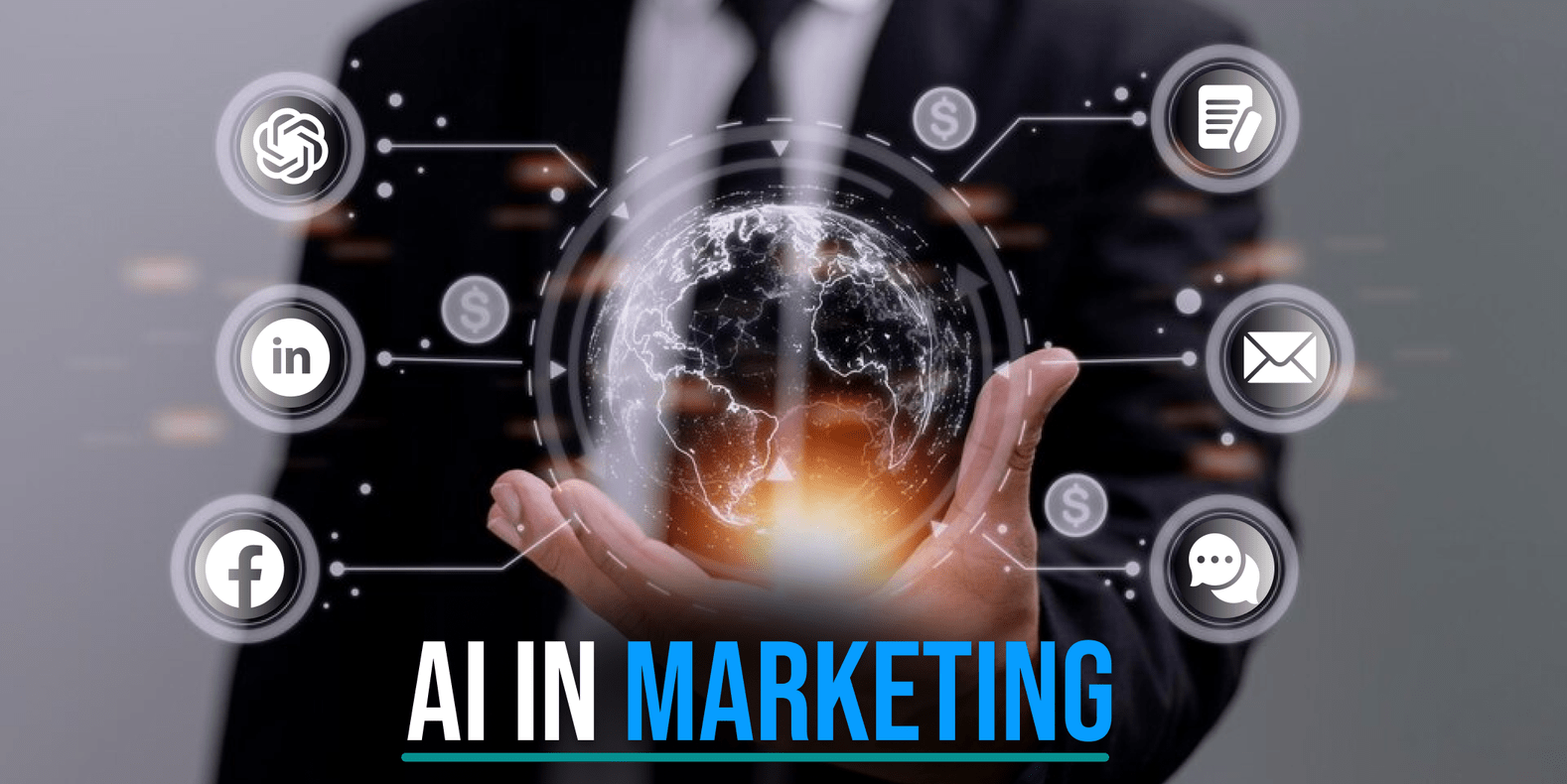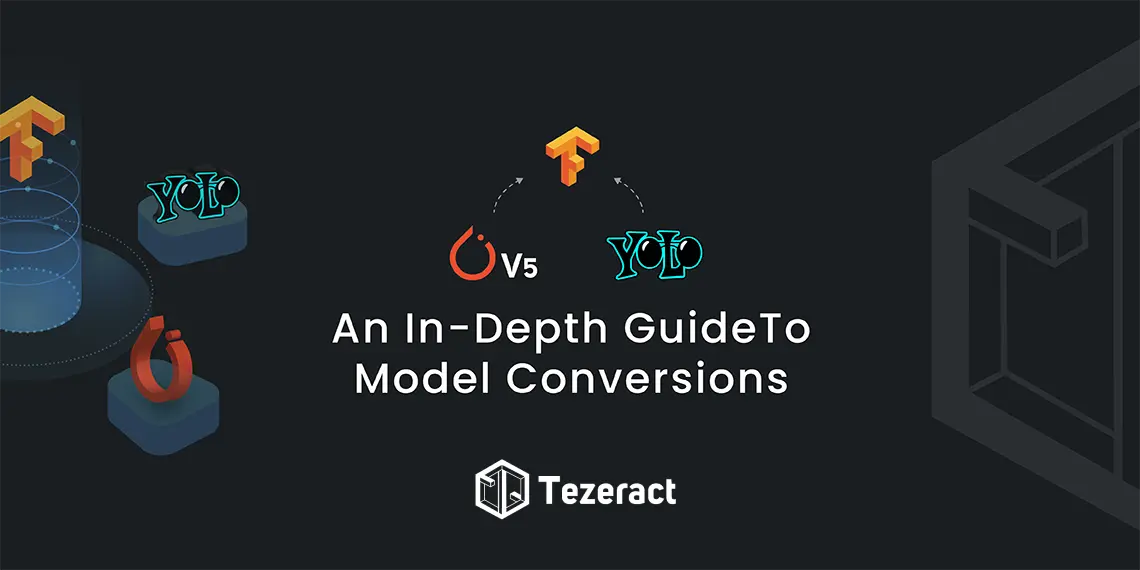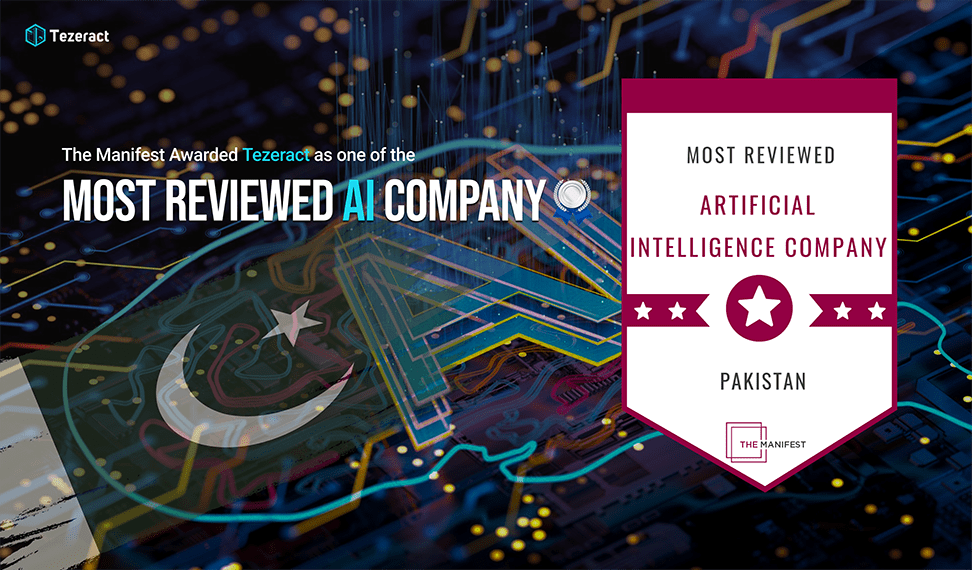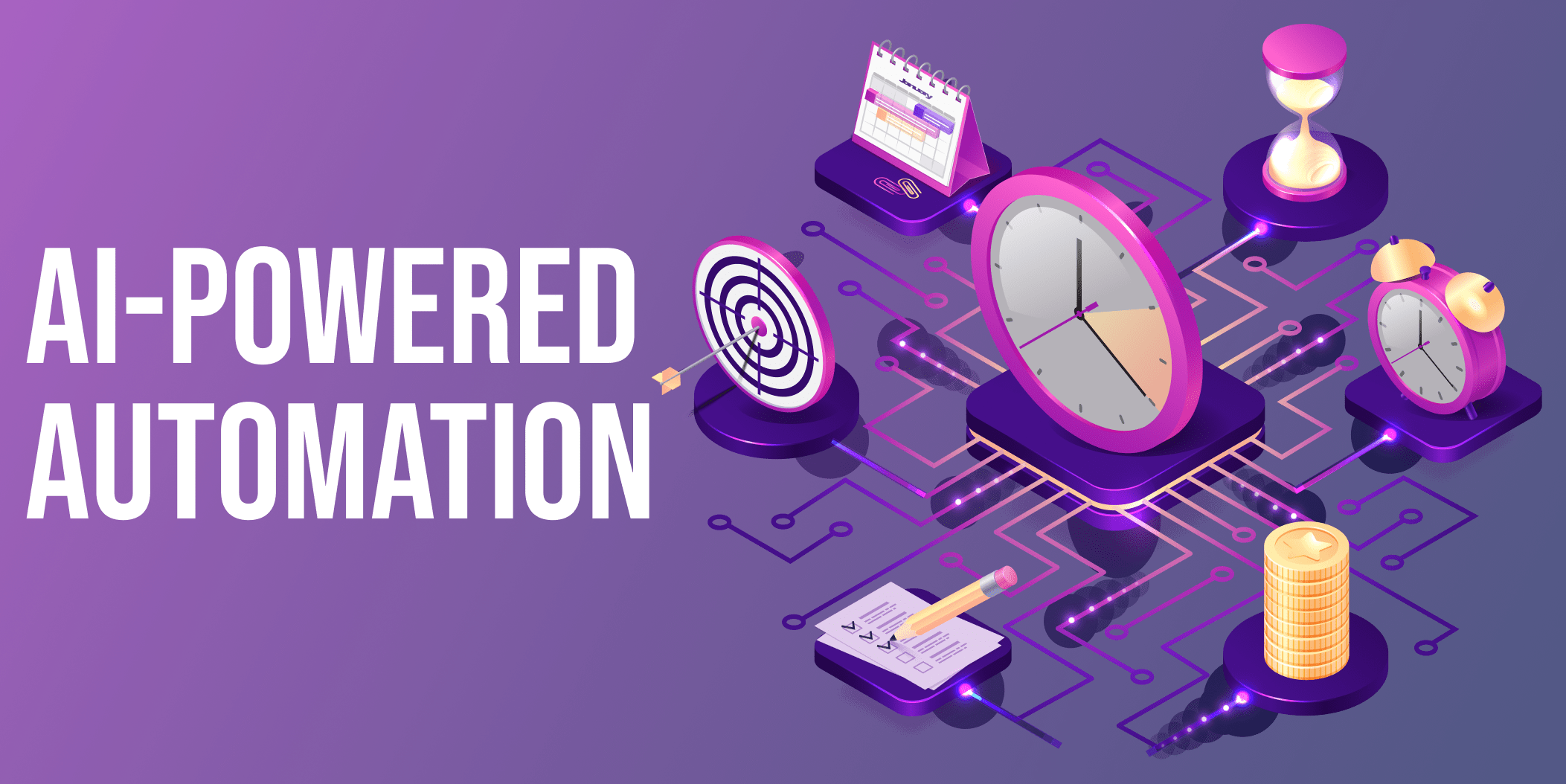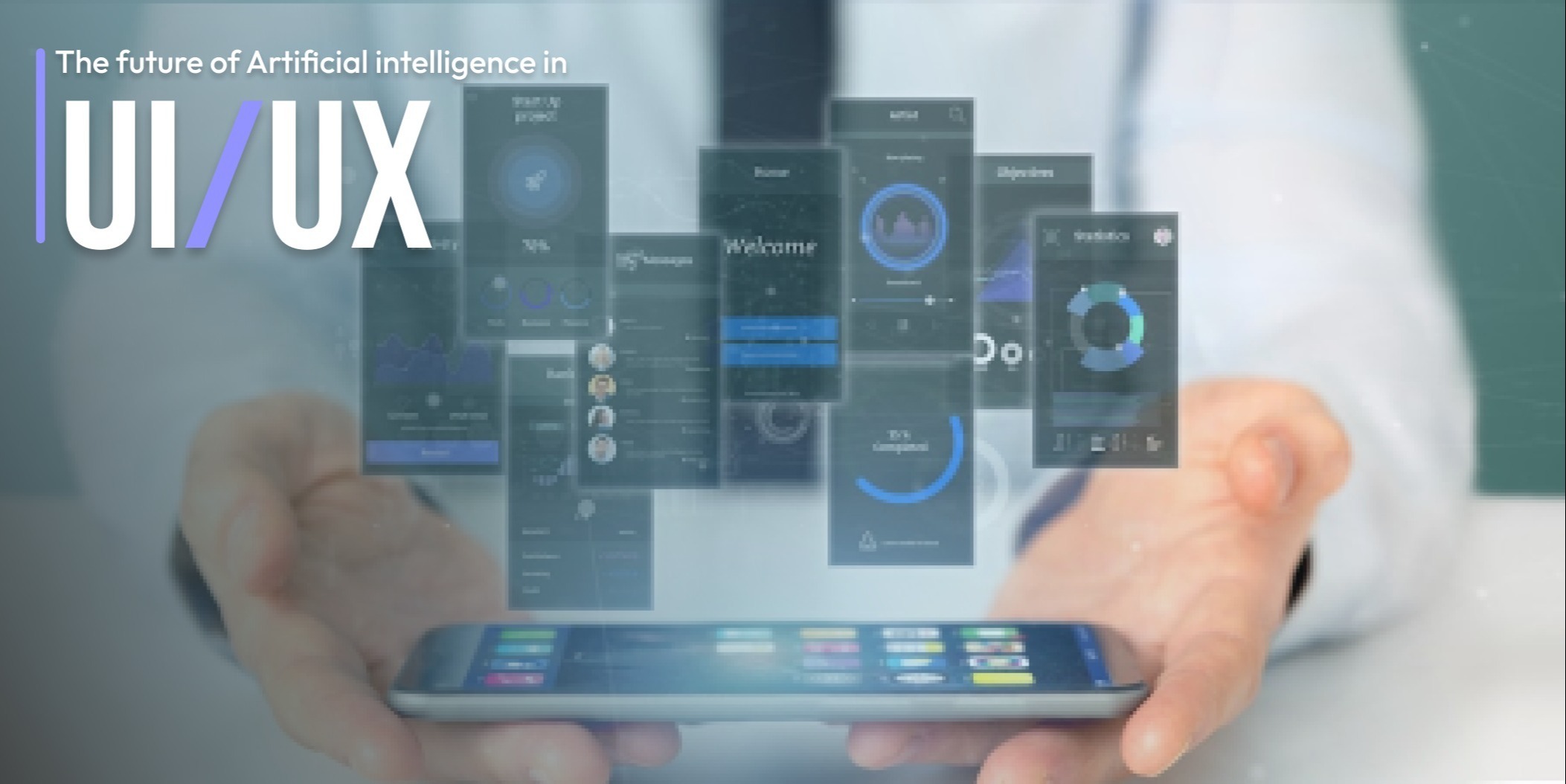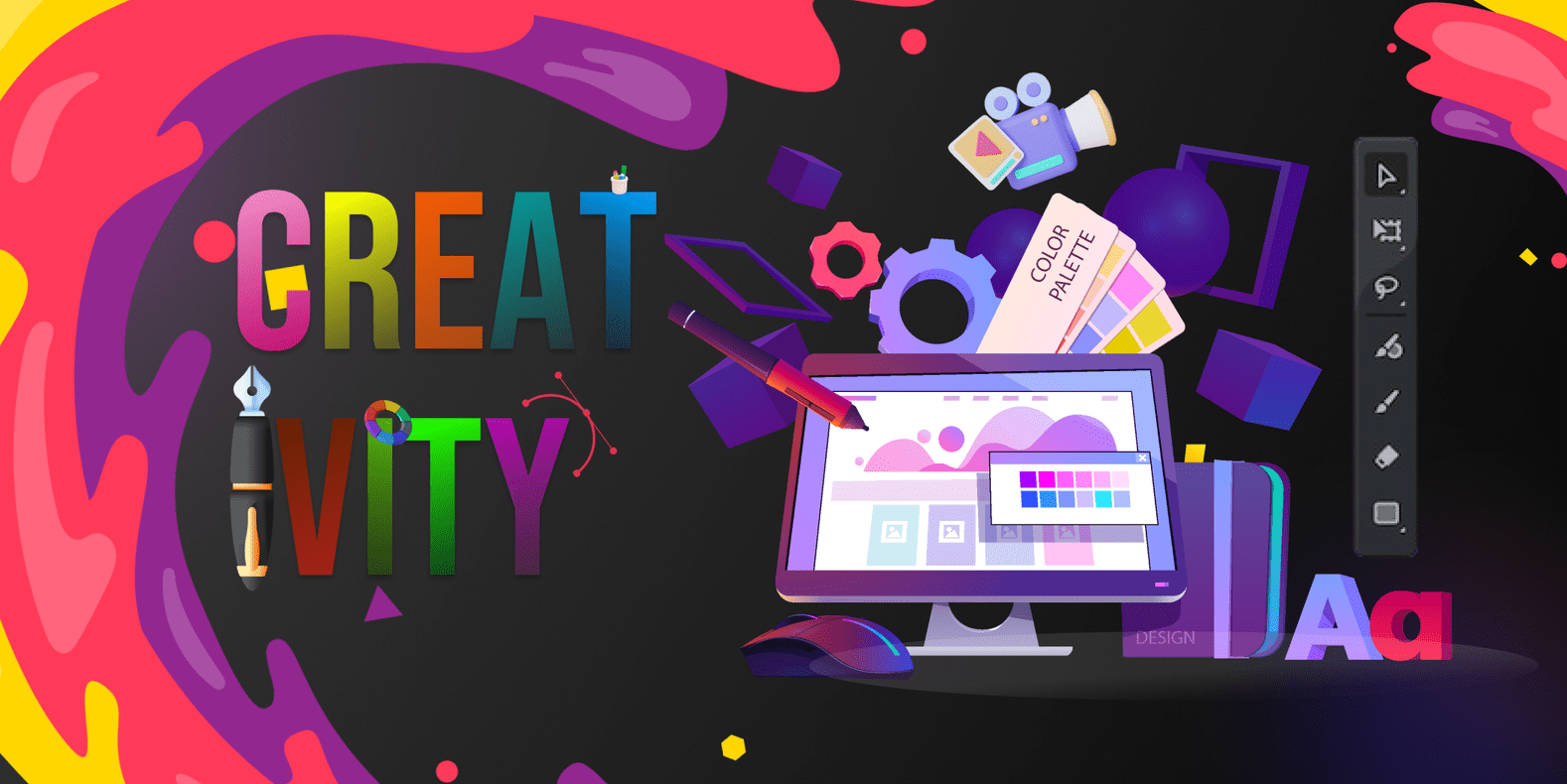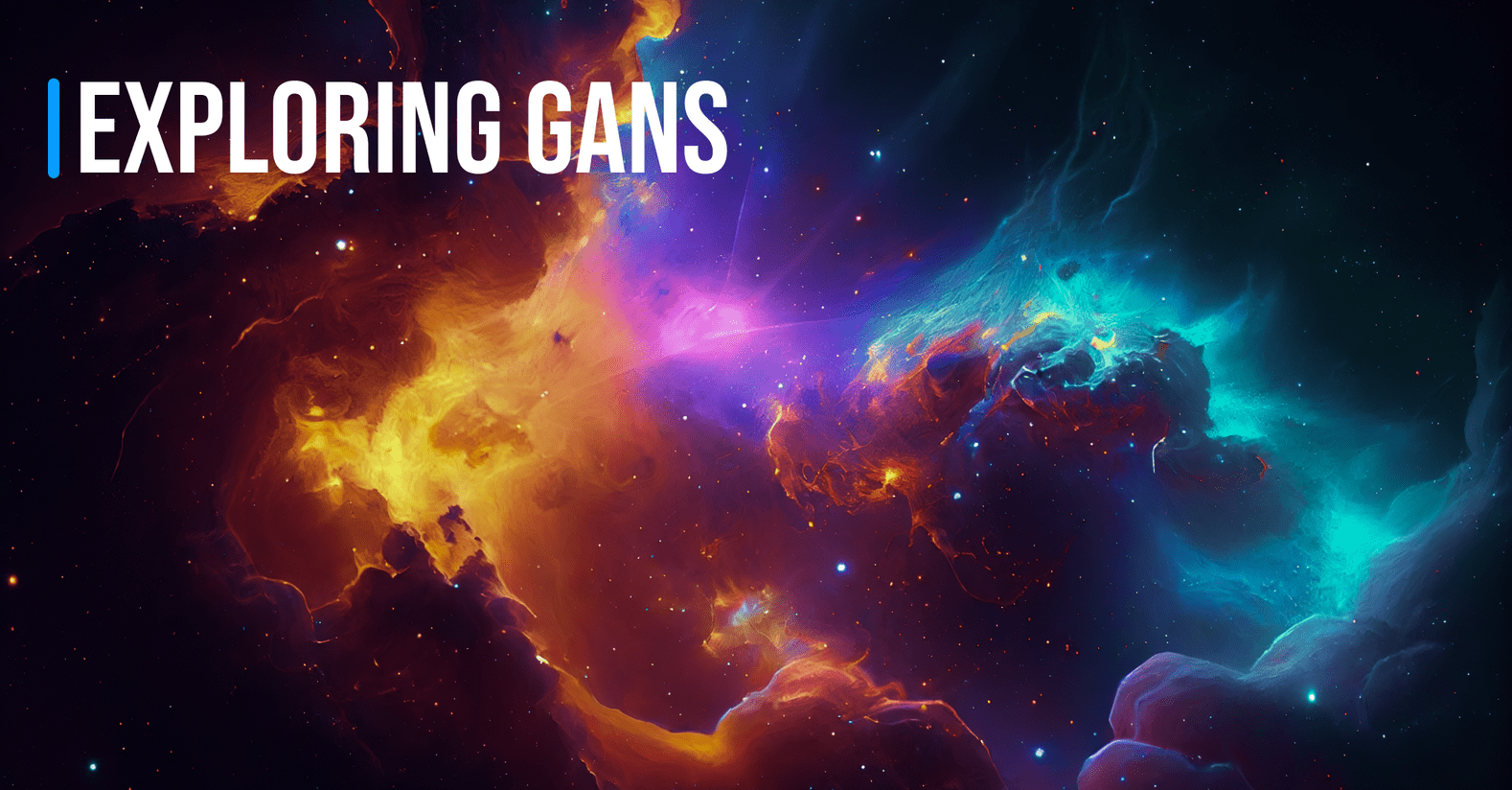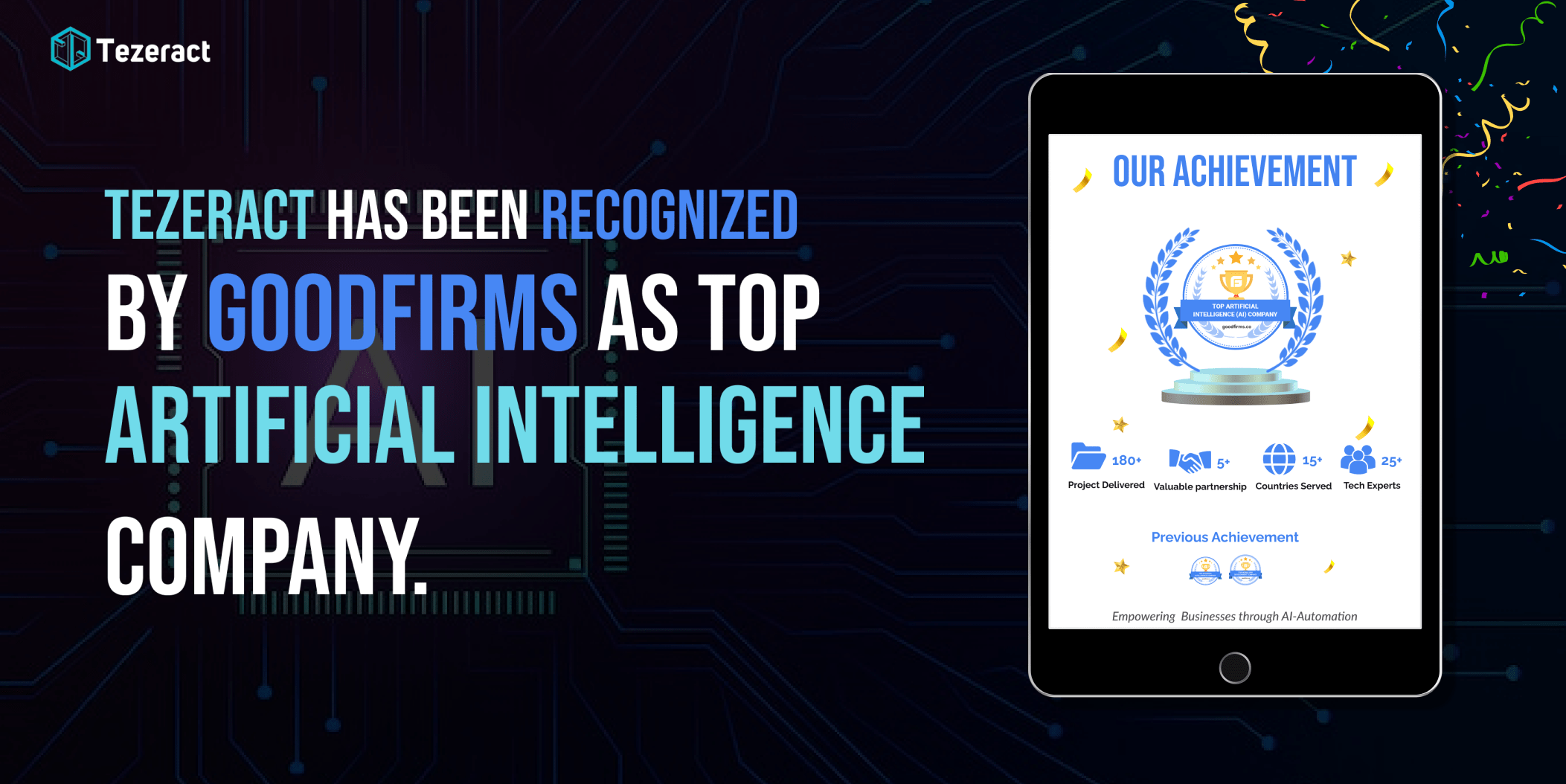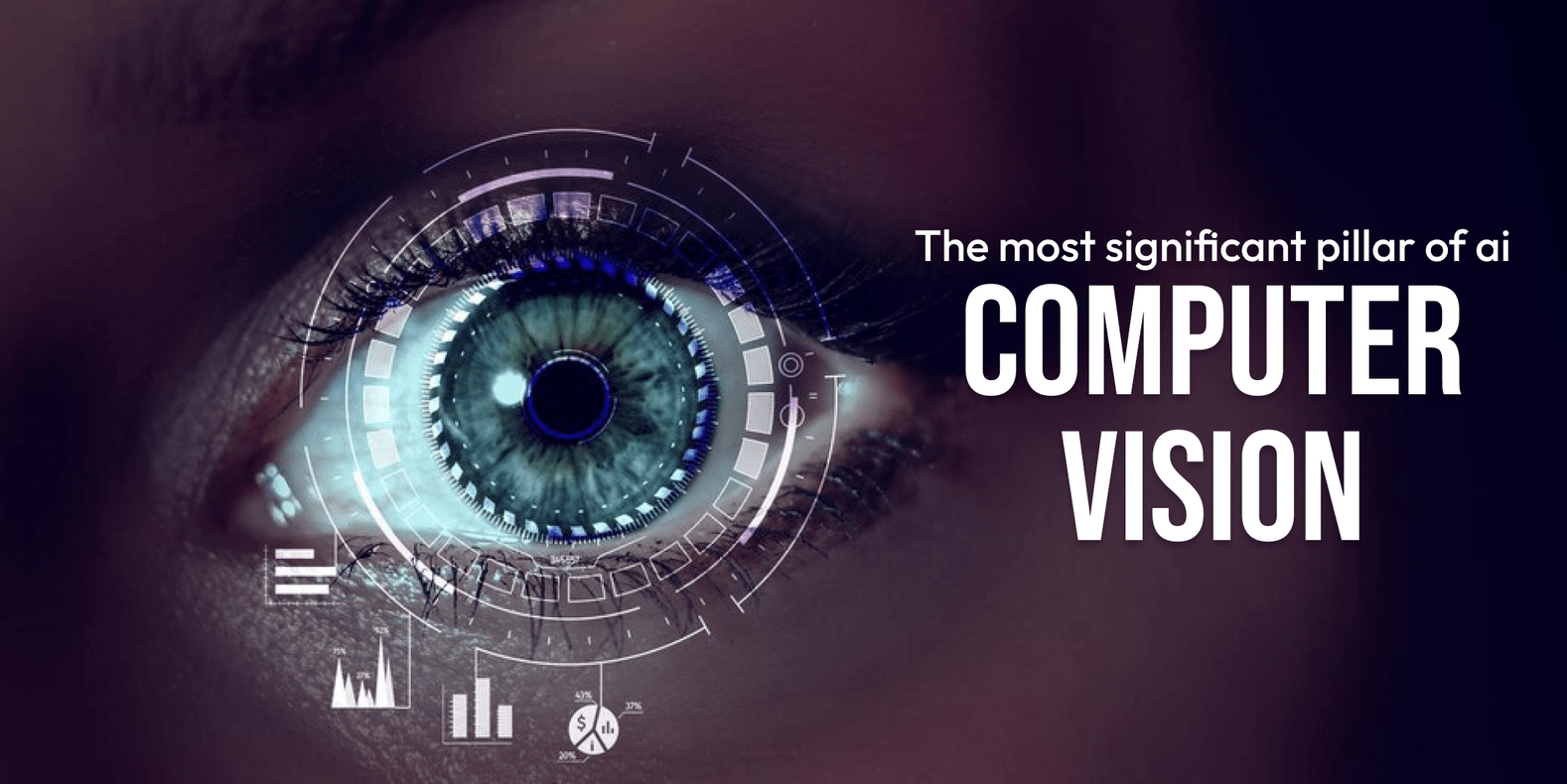Introduction
In today’s fast-paced and ever-changing digital world, marketing professionals are always looking for new ways to engage their audience and maintain a competitive advantage. Artificial intelligence (AI) is one of the game-changing technologies reshaping the marketing landscape.
In this article, we will look at the impact of AI on marketing, the benefits it provides, its applications, potential future trends, and the ethical concerns associated with its implementation.
AI in marketing
Utilizing artificial intelligence AI in marketing empowers businesses to sift through vast datasets, uncover valuable insights, and automate various functions, leading to well-informed decisions and deeply personalized engagements with clientele.
The primary aim of AI-powered marketing revolves around establishing intimate connections with customers and delivering enriching experiences. However, achieving such a high level of personalization at scale has presented challenges. Fortunately, AI offers viable solutions by scrutinizing customer behaviors, preferences, and interactions, facilitating the delivery of hyper-personalized content, promotions, and suggestions. These customized encounters hold the potential to significantly heighten customer satisfaction and loyalty, ultimately translating into favorable business outcomes.
According to Salesforce, merely 29% of marketing leaders were utilizing AI in 2018, a figure that surged to 84% by 2020.
Thus, it comes as no surprise that the global value of AI in marketing is projected to soar from $12 billion in 2020 to an astounding $108 billion by 2028.
Applications of AI in Marketing
Content creation and personalization
“You have often heard that content is king”
Sometimes it becomes hectic for marketing teams to produce relevant content and generate new ideas for their marketing strategy. AI can provide valuable assistance in generating content, including product descriptions, blog posts, social media updates, and email subject lines. For example, tools like ChatGPT and Jasper help you create curated content related to your niche.
By analyzing successful content data, AI can produce material optimized for maximum engagement, helping marketers maintain an active presence on social media and other content platforms.
Not only that AI in marketing empowers marketers to craft finely tuned personalized campaigns that deeply resonate with their target audience, ultimately enhancing the customer experience and significantly improving the chances of successful conversions.
Customer Service Chatbots and Virtual Assistants
AI-powered chatbots and virtual assistants have the capability to manage customer inquiries, deliver real-time support, resolve common issues, and aid in decision-making during the purchasing process. This cost and time-efficient solution alleviates the burden on human customer support agents, effectively enhances customer service, and reduces response times, resulting in an improved overall customer experience and satisfaction.
Social Media Monitoring and Listening
AI can monitor various social media platforms and use real-time data to identify emerging trends and public sentiment surrounding specific topics or brands, allowing marketers to capitalize on viral content and actively participate in trending conversations, increasing audience engagement.
Customer Segmentation Churn Prediction
Utilizing AI-powered algorithms, marketers can segment customers into distinct groups based on diverse attributes and behaviors This segmentation enables marketers to craft tailored campaigns that deliver relevant and targeted messaging to each specific group who are most likely to buy or be interested in your product or offering.
Furthermore, AI can analyze historical data to predict the potential lifetime value of individual customers. This valuable insight empowers marketers to concentrate on high-value customers and implement effective retention strategies tailored to their needs, effectively reducing customer churn.
Marketing Automation
AI-driven automation can empower social media managers and customer service teams to streamline marketing workflows to improve operational efficiency through lexical and statistical-based triggers that drive intelligent workflows.
It helps the marketing team to achieve their goals by automating repetitive tasks such as email marketing to efficiently manage and deliver high-quality emails to prospects, social media posting to free up time and lead nurturing to attract and convert potential leads. This frees up time and effort of marketing team’s, allowing them to focus on strategic and creative tasks.
Ad Creative Generation and Placement
When it comes to advertisement marketing, every marketer needs to think twice while launching an ad campaign, writing certain ad copy, or content for it. Here, AI plays an important role. It analyzes social media data to identify the most relevant audience segments for specific ad campaigns, increasing the effectiveness of targeted ads.
AI enables the automatic optimization of social media ad campaigns by continuously adjusting targeting, budget allocation, ad placements across various digital platforms and generating ad creative in response to real-time performance data. This dynamic approach results in enhanced ROI for businesses.
AI can autonomously generate ad creatives, optimizing them for particular audiences, platforms, and formats, thereby reducing the time and resources needed for manual creative production.
Search Engine Optimization
AI offers a notable advantage to SEO through content optimization for search engines. AI algorithms analyze website traffic, identify relevant keywords to enhance search engine rankings, and monitor competitors’ actions.
Furthermore, AI-powered tools enable marketers to gain insights into audience preferences and tailor content to align with their interests.
Benefits of using AI for Marketing
Increased ROI
If we talk about marketing, every marketer wants to increase their ROI. By leveraging AI, marketers can optimize ad targeting, content distribution, and campaign performance, resulting in increased marketing ROI.
AI processes data in real time, enabling marketers to respond promptly to changing market trends and customer behavior. This will save your marketing team time and money, allowing them to work more efficiently and increase profits.
Improve customer experience
One of the main advantages of AI in marketing is that it enables you to provide personalized experiences, recommendations, and support tailored to each customer’s needs, resulting in improved customer satisfaction and loyalty. Furthermore, digital marketers can utilize AI to identify at-risk customers and effectively engage them with targeted information, encouraging reconnection with the brand.
Boost Decision making
AI analyzes vast amounts of data quickly and accurately, providing valuable insights for data-driven decision-making and strategic planning. AI-driven marketing empowers digital marketers to leverage real-time analytics, eliminating the need to wait until the end of a campaign to optimize media choices. This efficiency allows team members to concentrate on strategic initiatives, further informing AI-enabled campaigns for even greater impact.
AI-powered marketing examples
Netflix
Netflix utilizes AI algorithms to examine the viewing patterns and preferences of its users. This allows the platform to provide tailored suggestions for content to each individual. By proposing films and television series that match a viewer’s tastes, Netflix maintains user involvement and motivates them to extend their time on the service.
Nike
Nike utilizes AI algorithms to deliver customized shopping experiences to its customers through its website and app. By analyzing user data and behavior, the platform suggests products that align with their personal preferences and unique style. This strategy boosts user interaction and heightens the likelihood of achieving successful conversions.
Sephora
Sephora, a cosmetic retail brand, integrated an AI-driven virtual try-on capability into its mobile app. This innovation enables users to virtually experiment with various makeup items using augmented reality, directly on their own faces. By providing customers with a preview of how products will appear on them prior to buying, this advancement enriches the online shopping journey while also minimizing the chances of product returns.
Potential Future Trends
Now, hold onto your magic wands because the future of AI in marketing is brimming with enchantment! Consider this: you speak, and your favorite brands pay attention. Voice search optimization will take the spotlight, allowing you to summon products and services with the sound of a single word. And prepare for a new era of sorcery as AI-generated content weaves enthralling stories that will captivate audiences like never before. And, you guessed it, Augmented Reality will transport you to a realm where you can try before you buy, leaving you spellbound.
Conclusion
Artificial intelligence has unquestionably emerged as a game changer in the marketing world. Its ability to provide powerful insights, personalized experiences, and streamline marketing operations is reshaping the future of customer engagement. Businesses that responsibly embrace AI technology and address ethical concerns will have unprecedented opportunities to forge meaningful connections with customers and thrive in an increasingly competitive landscape. The future of marketing has arrived, and artificial intelligence is leading the way.
So, are you ready to use AI to transform your marketing strategies?
Let us go on this exciting adventure together!

